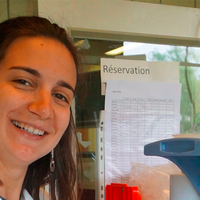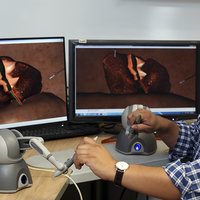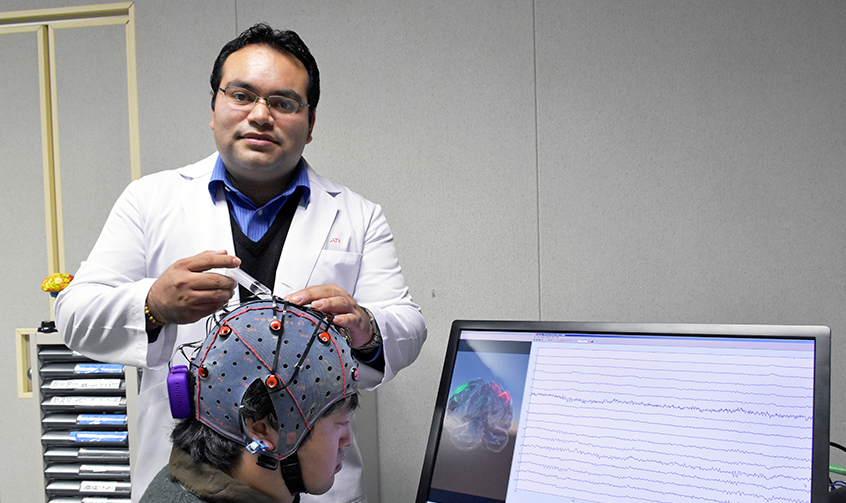"People who suffer from motor paralyses have gained autonomy thanks to the development of brain-machine interfaces (BMI). These devices allow them to execute simple tasks, like turning on the lights and the heat in their homes, things which were previously impossible for them to do. But controlling devices with the mind can be exhausting, so in order to reduce this fatigue the robotic cognitive neuroscience researcher Christian Peñaloza has developed a BMI module that learns to recognize an individual´s commands through artificial intelligence. This breakthrough has earned Peñaloza a spot amongst MIT Technology Review´s Innovators Under 35 Mexico 2016.
Thanks to machine intelligence, the system can learn to anticipate the user´s needs, eliminating the need for them to think about them again. This ability ""can avoid the rejection of these systems by some patients due to the fatigue they provoke,"" the young inventor highlights.
The process is simple. A hat with electrodes gathers the brain signals and sends them to a computer which interprets them. The system does not capture complete messages, like ""open the window"", but ""it does recognize basic actions like the intention to move an arm,"" Peñaloza explains, and it associates each thought with an action. If three strikes in Morse code represents an ""S"", in the Mexican researcher´s language the brain signal for moving the left hand would mean ""open the window"".
Once this alphabet has been defined, Peñaloza´s system integrates the true innovation: machine learning. For example, when a user is tired, wants to turn off the lights and sends the corresponding signal, the system learns the code associated to this command to be used in future. In this way, the next time the BMI detects fatigue it will turn off the lights automatically.
The computer combines the learned commands with information from sensors placed within the room to adjust the user´s wishes to the environment. But if the system makes a mistake, it includes an error correction mechanism. If the module executes a learned command like automatically turning off the lights, but the user is displeased because this is not what they wanted, the system detects this and undoes the action pending receipt of the correct command.
Peñaloza works for the University of Osaka and the Advanced Telecommunicatios Research Institute (both in Japan) and is the president of the Japanese chapter of RedGlobalMX. Currently he is collaborating with patients to create better brain patterns and increase the ability of his interface to control wheelchairs and robotic arms."




